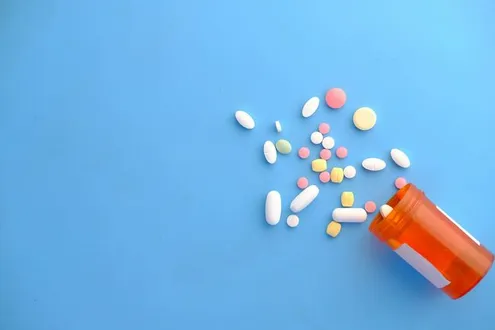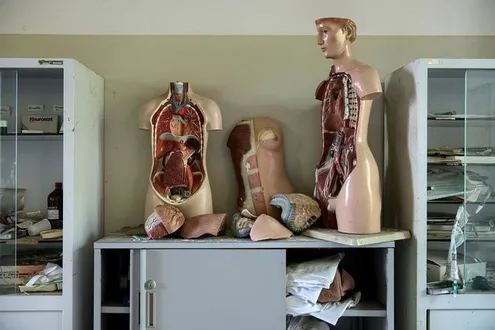The 12 Steps were created by the founders of the fellowship group Alcoholics Anonymous in the 1930s. Providing a suggested programme of recovery from the effects of alcoholism, the 12-step approach has proven to be the most effective solution in the treatment of addiction.
The original steps have been adapted over time and are often integrated with a range of therapies, tailored to the individual. While they are now used in the treatment of a variety of different substance abuse and compulsive behaviour disorders, the premise of each step remains the same.

The 12-step programme provides guiding principles to help facilitate a substance-free lifestyle. It offers a process through which an addict can try to understand and manage their substance use disorder and also discover a support system to safeguard their sobriety. The principles of the programme are designed to be put into practice in every area of a recovering addict’s life.
The programme asks addicts to admit to their powerlessness over their addiction. This is the first step of the programme and must be addressed in order to move forward. It’s then possible to find hope through a higher power or higher goal.
Self-analysis is a critical aspect of the treatment. Taking an objective look at your behaviour, asking for help and being willing to accept that help is needed are all integral steps to work through. This honest self-analysis paves the way for making amends for any hurt caused and for continued self-assessment and improvement.
Recovery is an ongoing process and needs to be nurtured. Whether through prayer or meditation, an addict needs the continued ability to recover. Supporting others who are struggling with addiction is an integral element of the programme. It provides a sense of purpose, promotes accountability and enhances feelings of fellowship.
The original 12-step model was created based on the belief that alcoholism is more than a physical issue. The founders were looking to develop a more holistic approach that focused on the mind, body and spirit.
12-step therapy encourages participants to take responsibility for the decisions that resulted in their addictive behaviour. It provides a bridge between past behaviours and an addiction-free future. Acknowledgement of individual responsibility for the past, present and future leads to a new way of thinking. Today, the 12-step model can be used to treat many kinds of addictions, compulsions and destructive behaviours.
Alcohol addiction is a disease that affects people from all walks of life. The disease causes chemical changes in the brain that affect impulse control. The purpose of the 12 steps is to provide a set of guiding principles that enable the recovery from compulsive, out-of-control behaviours and allow for the restoration of manageability and order in life.
Drug addiction is a complex disease and stopping drug use takes more than good intentions or strong willpower. Repeated drug use leads to changes in the brain that challenge self-control. A 12-step programme can help someone with a drug addiction to admit that they are powerless in the face of their addiction.
The programme enables self-analysis and encourages a change of mindset surrounding self-destructive behaviours. Negative coping mechanisms are often ingrained. As such, the 12-step model can encourage an addict to learn an entirely new way of interacting with the world and a new code of behaviour that has a positive impact on how they live their life.









